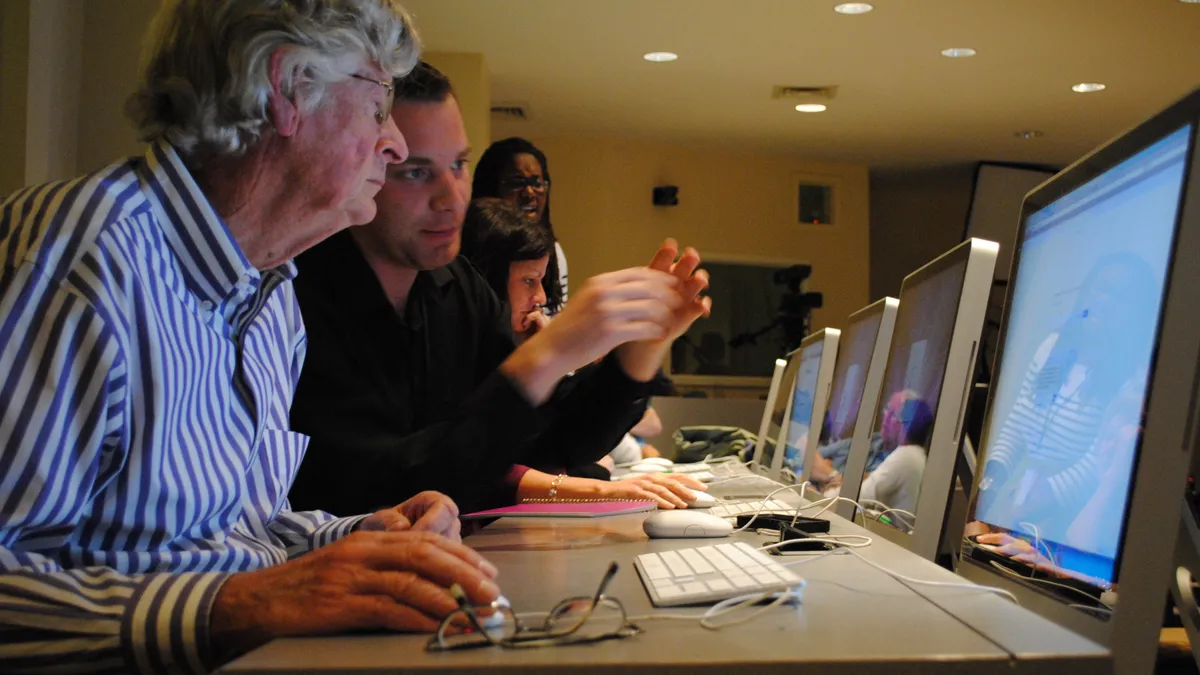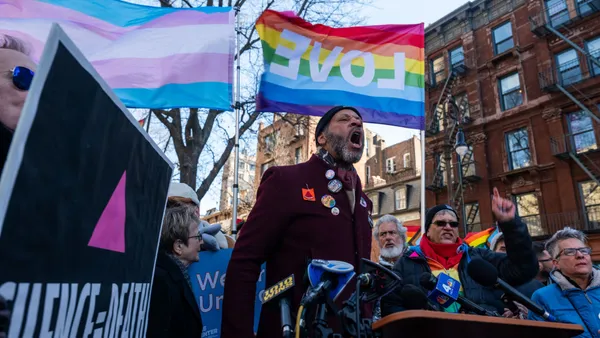Dive Brief:
- Most organizations in a survey conducted by the Association for Talent Development and sponsored by consulting firm SalesFuel said their managers received training on at least some coaching skills, but 60% said the top barrier to effective coaching was "not holding managers accountable for it," according to a statement by the association.
- The survey found that at least 90% of organizations expected managers to coach direct reports, while 75% expected this of all managers. Organizations that expect managers to coach all of their direct reports "are significantly more likely to be high-performing companies," the association said.
- More than half of respondents said that a lack of coaching skills was also a barrier to effective coaching. While 59% of organizations said they did evaluate managers' effectiveness as coaches, high-performing organizations were "significantly more likely" to perform such evaluations, the association said.
Dive Insight:
Coaching has received increased attention in research as the COVID-19 pandemic challenges employers.
Even before the pandemic, a November 2019 survey by the Human Capital Institute and the International Coach Federation found more than 80% of represented organizations planned to expand coaching use among leaders and managers over a five-year period. Months later, a survey by performance management software company Reflektive showed a large jump in the number of employees specifically asking for performance conversations. The survey also showed a 170% increase since 2018 in the number of HR and business leaders who expected managers to offer daily feedback.
Coaching, however, now has to contend with the rise of online learning modules as a result of the pandemic. Employees now have access to a number of tools from which to learn new skills, but it is up to managers to link those skills back to day-to-day work, sources previously told HR Dive. An emphasis on coaching may allow managers to help workers apply the knowledge they gain. However, solving this particular problem may require even more investment on the part of the employer.
Such investments could pay off in more ways than one. Besides acquiring new skills, coaching has also been cited by Gartner as one way for managers to provide more direct support to their reports, thereby paving the way for the success of underrepresented talent in the workplace. Beverage company Anheuser-Busch InBev announced a partnership with BetterUp in April with the goal of making access to personalized leadership development, including one-on-one leadership coaching, more equitable. The company said managers nominated women across 18 countries at various career levels to be the program's first 150 participants.















